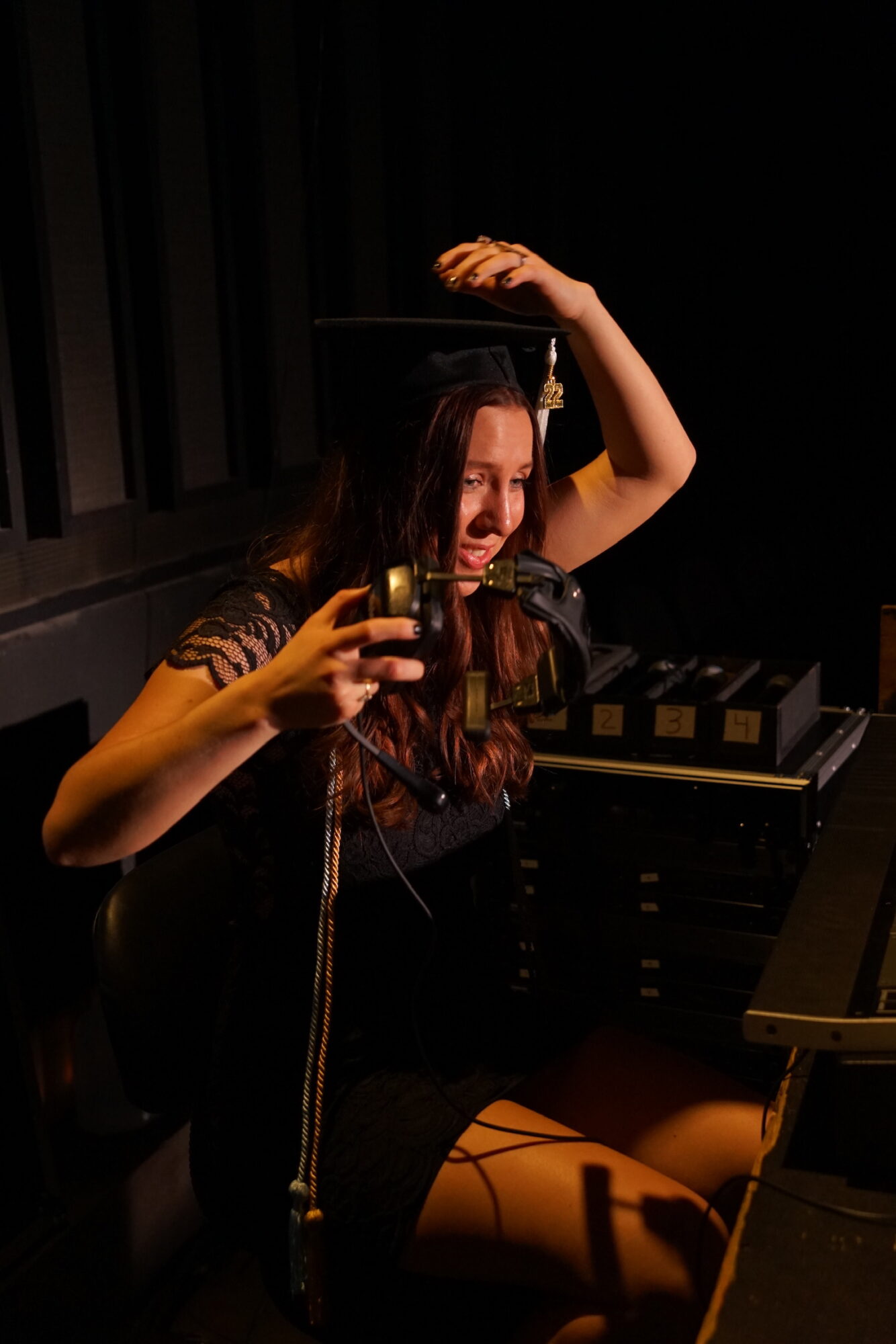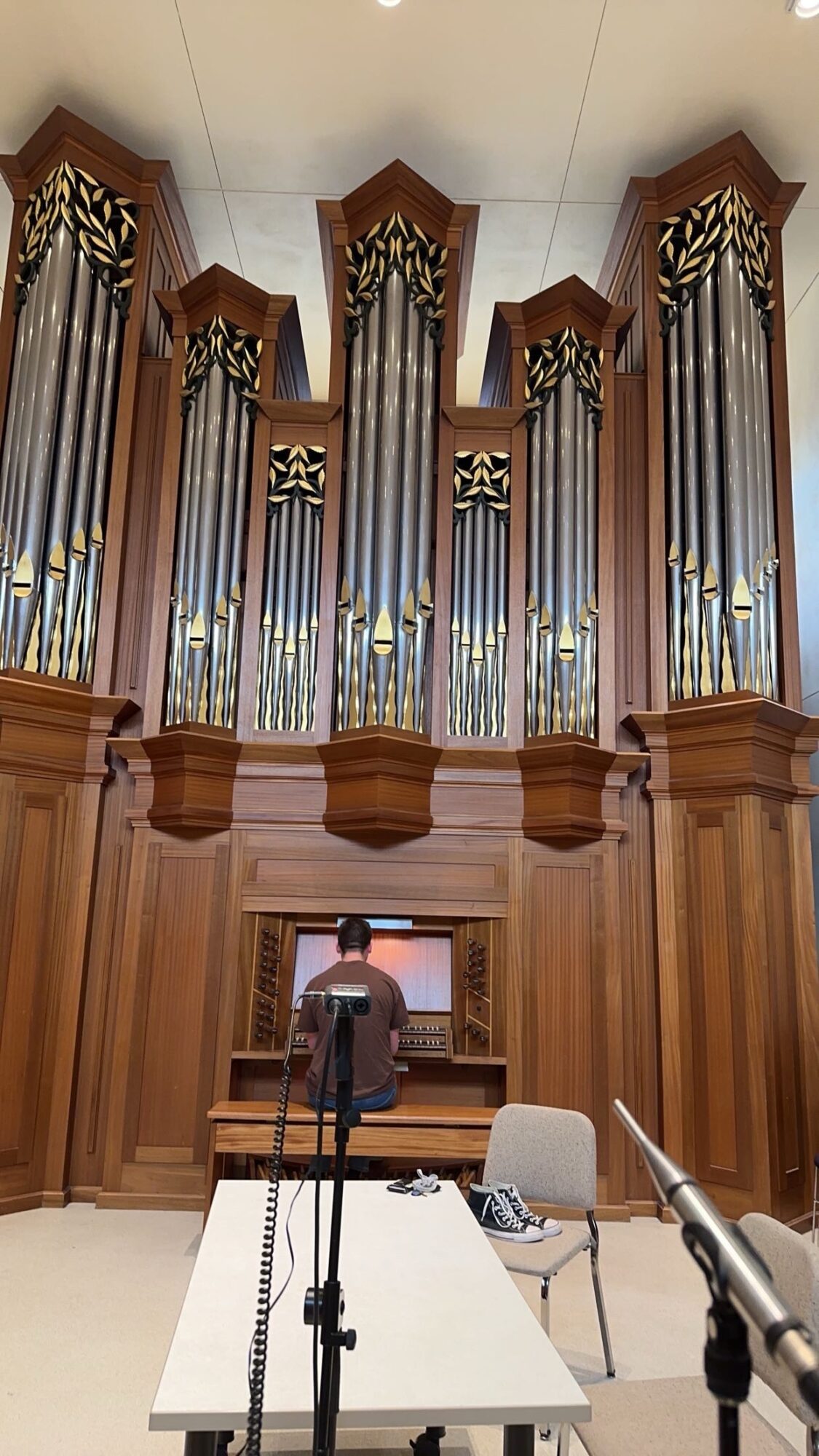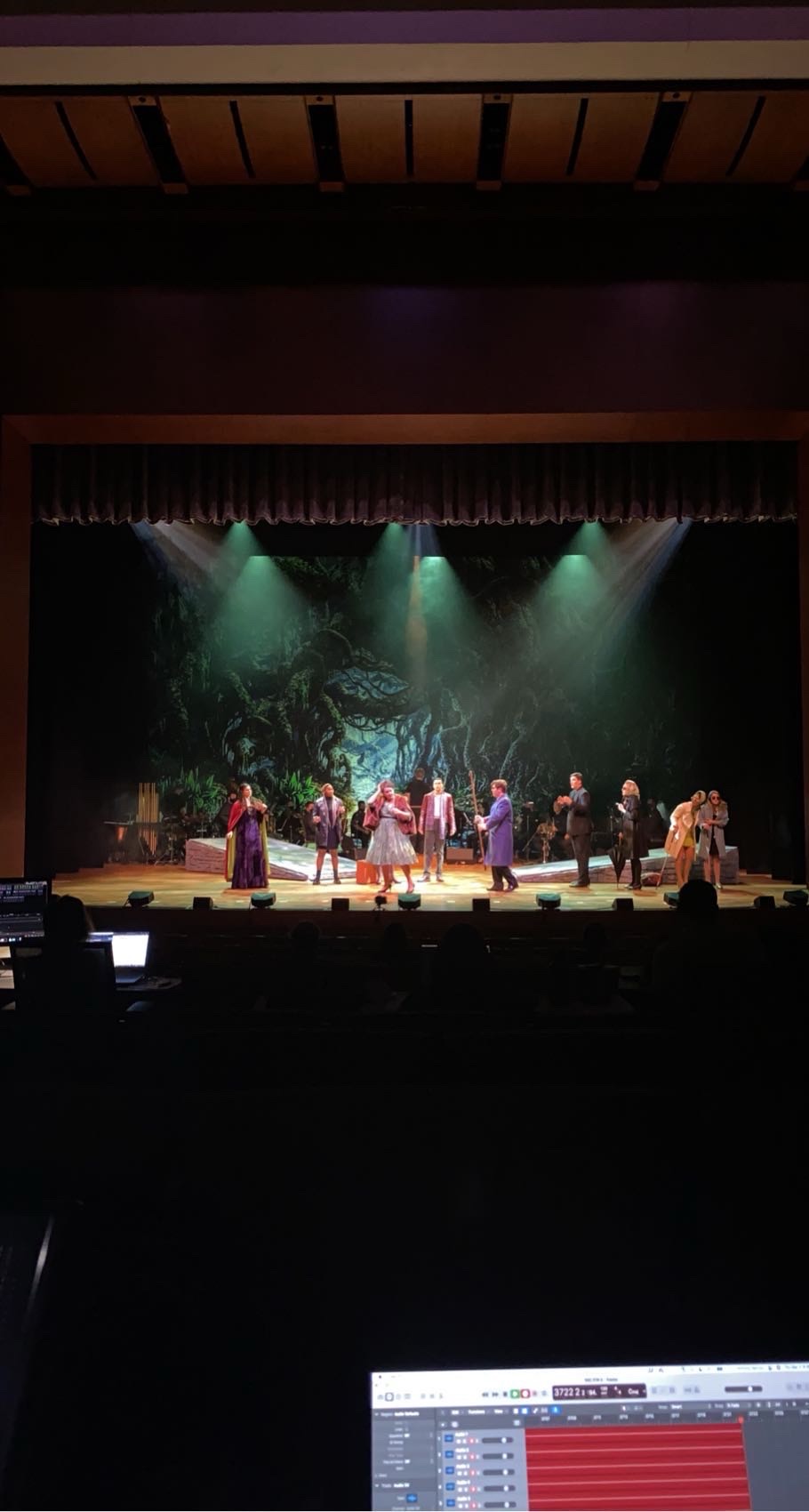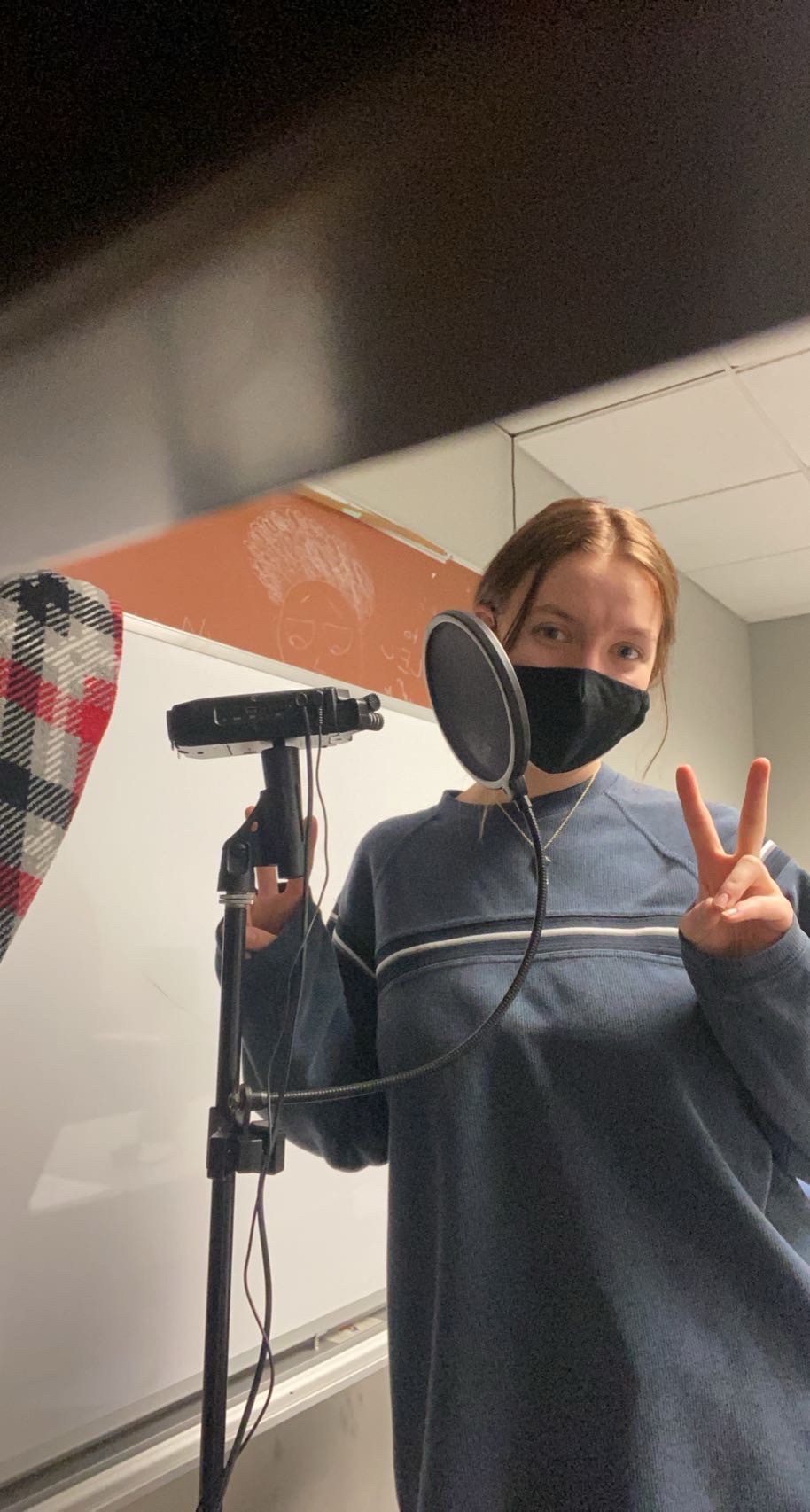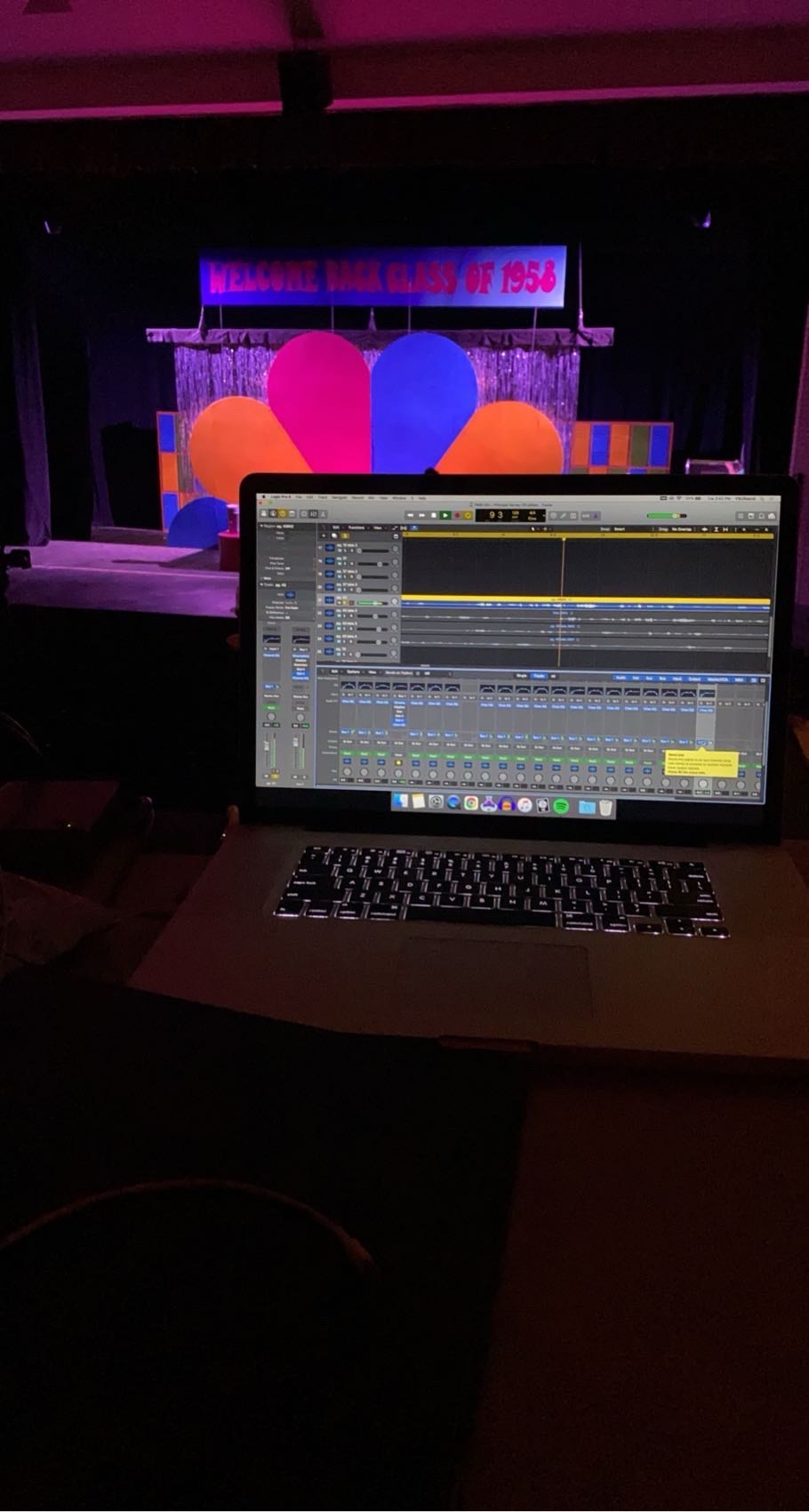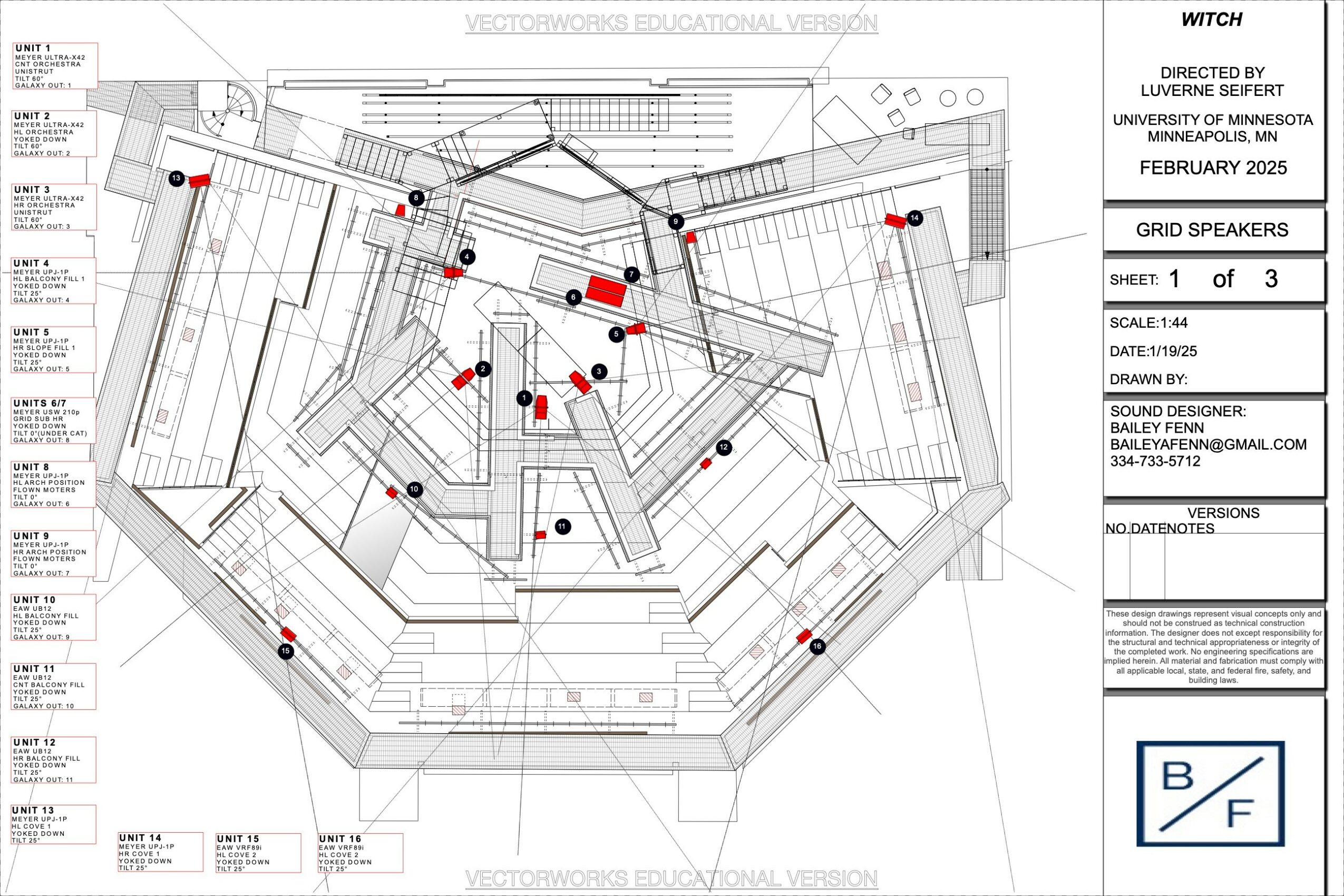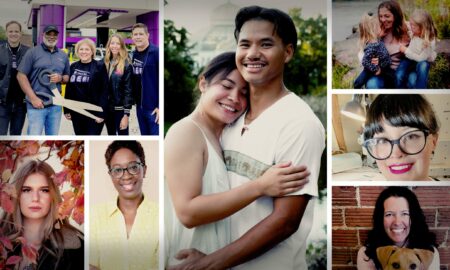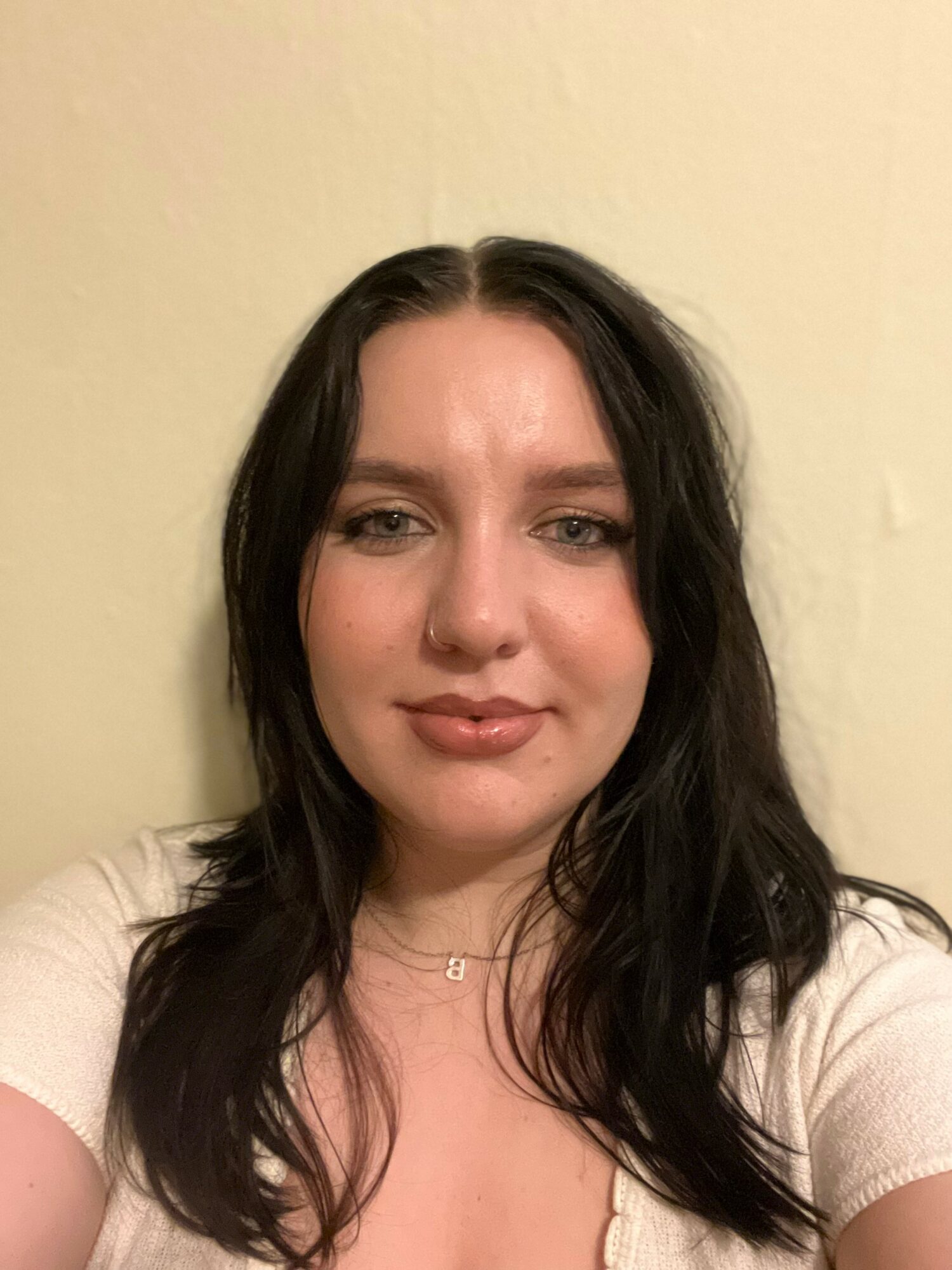

Today we’d like to introduce you to Bailey Fenn.
Hi Bailey, so excited to have you with us today. What can you tell us about your story?
I got involved in sound work when I was around 12 years old. I could not sit still in church so my dad sent me upstairs to see if our sound technician needed some help. All I really did was press the slides, but I started to enjoy learning more about the console and how everything worked together. I did that for a couple years then my sister one day came home and said I should come help out with the musical she was in. I remember explicitly telling her that I thought it was lame, but she convinced me finally and I am so thankful she did. I ended up being the sound engineer for all the shows in high school.
Then, I went to get my Associates of Arts in Technical Production at Chipola College in Marianna, FL. It was a smaller program so we got so much one on one experience with all the different technical areas of theatre. I had two wonderful mentors while I was there. I continued my work in sound by mixing for The Chipola Showchoir. I then transferred to Auburn University to continue my BFA in Design and Technology. While I was there I designed A Doll’s House and Into the Woods. During my time there I was introduced to Anthony Narciso, a guest Sound Designer based out of Orlando, FL. He was my mentor on several productions while at Auburn and supported me in applying to Grad School.
After I graduated college, I moved up to Minneapolis to continue my education and get my MFA in Design and Technology from the University of Minnesota. While in school I have sound designed Troilus and Cressida, F*ck*ng A, Witch, and (upcoming) The Ferryman. Outside the program, I have sound designed Log Kya Kahenge at Lyric Arts and sound engineered several productions at The Capri Theatre. I plan to continue working as a Designer and Engineer in the Twin Cities after I graduate in May.
We all face challenges, but looking back would you describe it as a relatively smooth road?
I definitely have hit some road blocks along the way. A lot of my early training was self taught. I had some wonderful mentors along the way, but majority of my start was still to my own devices. As I have continued my education, I have grown in so many ways, experience wise and in my overall knowledge of sound. However, I still struggle with the imposter syndrome. Being in a field that is predominately male-identified, it can be intimidating to step into these leadership roles the longer I am in the field. I am working actively to push past these mental barriers because they have been a consistent struggle for the past few years. I have seen the sound industry become more diverse over the past 10 years and I am looking forward to the talented designers and technicians who I will get to collaborate with.
As you know, we’re big fans of you and your work. For our readers who might not be as familiar what can you tell them about what you do?
As a sound designer, I spend most of my time creating sonic worlds for theatre. I get to interface with the stories differently from my other design collaborators because my work is not visual. I have had the opportunity to explore composition during graduate school. I have composed music for my own theatre productions. I even composed theme music for my friend’s D&D podcast, Arcane Amphitheatre. I have found my favorite style of sound design is creating these elaborate, otherworldly soundscapes. The goal is to make my worlds so textured and personalized that the audience can visualize it for themselves. I am proud of how much my design style has matured over the past few years. While interfacing with my visual collaborators, I have been able to highlight their art while supporting wonderful actors in their pursuit to tell stories with intensity and passion.
Do you have any advice for those just starting out?
When you choose a career in the arts, especially in the performing arts, you have to get comfortable with your art being critiqued and criticized. Putting your heart and soul into your work, then putting it up on a stage can be such a vulnerable thing. What I advise young designers, artists, and really anyone in this industry to prepare themselves for is that realization that you cannot control how the world will perceive your work. You can have the greatest concept and it may not read to everyone who comes in contact with it. However, that should not deter you from creating the art, it should just open you up to new interpretations and possibly more inspiration.
Contact Info:
- Website: https://baileyafenn.wixsite.com/website
- Instagram: https://www.instagram.com/baileyannicefenn/
